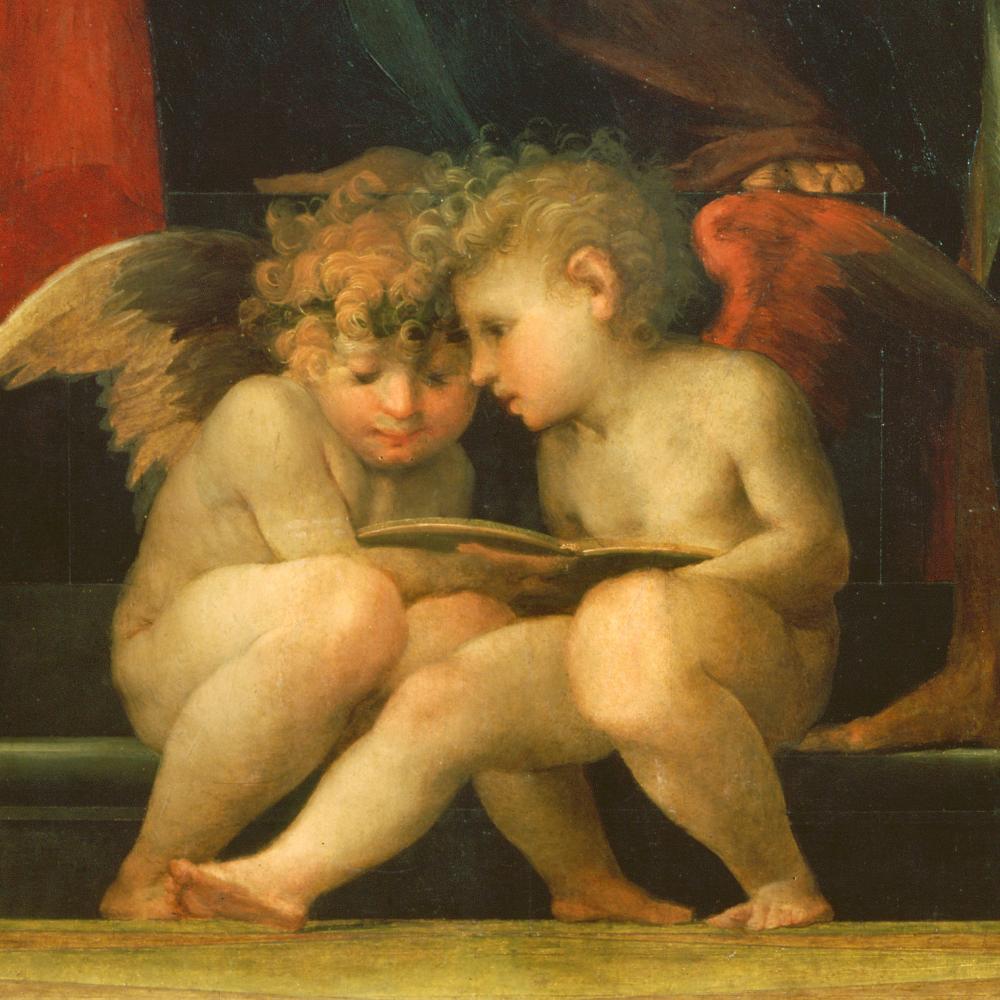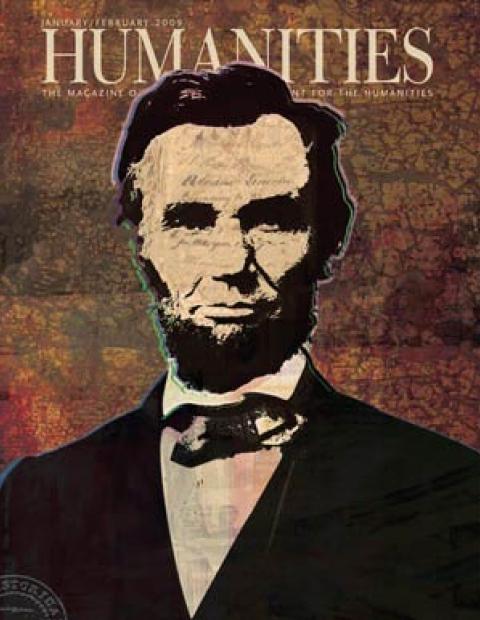William M. Reddy has made a career of demonstrating how honor, love, shame, fear, and desire operate as historical forces. In The Invisible Code: Honor and Sentiment in Postrevolutionary France, 1814–1848 and The Navigation of Feeling: A Framework for the History of Emotions, he shows how emotion influenced peoples’ willingness to embrace political and societal change. His newest project, funded by an NEH fellowship, looks at changing attitudes toward romantic love in Western culture. Here we asked Reddy, the chair of Duke University’s history department, to meditate on the realm of Venus.
What is distinctive about the Western idea of love?
From the troubadours on, many in the West have insisted that romantic love is quite different from lust, that it is spiritual and uplifting, and that it renders sexual intimacy innocent. The love-lust distinction is not present in other traditions.
When did Westerners begin to embrace the idea that they should like—or even love—the people they married?
Until the sixteenth century, romantic love was expected to be adulterous usually. From the seventeenth century on, novelists and some reformers argued that young people should be allowed to choose marital partners based on love. By about 1800, many parents accepted this, with the proviso that they be allowed to veto inappropriate choices. Only by about 1900 was the link between marriage and romantic love fully accepted.
In your research you surely came across many interesting commentators on love's progress in history. Who were some of the standouts?
C. S. Lewis, Denis de Rougemont, Kate Millet, David Konstan, E. Jane Burns.
Love is to hate as lust is to . . . ?
Good question. An emotion can have an opposite emotion, an appetite cannot.
Who is your favorite romantic couple and why?
Vivian Ward and and Edward Lewis of Pretty Woman (1990)—played by Julia Roberts and Richard Gere. Hostile buyout tycoon picks up prostitute on Hollywood Boulevard, and they fall in love. That love inspires them to reform their lives. Edward decides to make ships instead of breaking up corporations for profit; Vivian decides to leave the street and go back to school. She refuses to be his kept woman; she wants “the whole fairy tale.” So that is what he gives her, “rescuing” her from her cheap apartment like a knight in shining armor. She agrees to “rescue him right back.” The film shows how the old myth of chivalry has been adopted to support marriage, in an age when no one has to get married anymore. It was an important turning point in the revival of the romantic comedy in Hollywood, too.
Have you ever played Cupid? Did it work?
Unlike Jane Austen’s Emma, I have never tried to push people into coupledom. I confine myself to telling my daughters why the men they pick are not worthy of them.
What’s your definition of romance?
Romance is a belief you can make the imaginary real, and a heroic commitment to trying. As is often remarked, success in love comes more often to those who can compromise. But compromise won’t work, unless you keep believing.
Historians have only recently begun to discuss the role that emotion can play in influencing a decision or event. Why did it take so long for the profession to get in touch with their feelings?
Historians, unfortunately, rarely see beyond the limits of their own time and place. We did not realize women had a history until new wave feminism told us so in the 1970s. Now we are looking at emotions because neuroscience has told us that thinking and feeling are the same thing.
When and how did sentiment become a cultural force?
Sentiment became a cultural force in Europe in the so-called “Age of Reason”—the eighteenth century. For a time Europeans were very optimistic about human nature, and thought they could trust their feelings to tell them what was right. This is what Marianne thinks in Jane Austen’s Sense and Sensibility, when she throws herself at Willoughby.
What role did sentiment play in the French Revolution?
The Revolution was so erratic and generated so much violence that many observers changed their minds, becoming convinced that human nature was very weak, that sentiment was untrustworthy, and reason and self-control absolutely necessary.
What is your favorite sentimental journey?
I like to visit Josephine Baker’s chateau, Les Milandes, in southern France. After a successful career as a sexy singer and dancer in Paris, in the 1920s and 1930s, she married a band leader, bought the chateau, and started adopting orphans from all over the world.
Footnote or endnote?
Like all historians, I love a page that is crammed with footnotes.
What skill do you wish you had?
I wish I could sing.
What are you thankful for?
I am thankful no one hears me sing.


